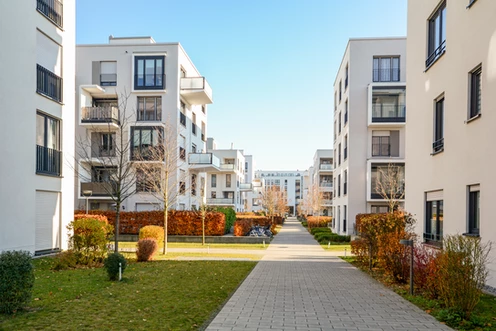- While the CDC is likely to end its moratorium on evictions, the City of Austin looks to extend theirs, along with the 60 day notice of proposed eviction.
- By doing so, Austin is hurting property owners and affordable housing efforts.
- There are better ways for the Council to help Austin residents who need help.
You probably remember, back in September, the CDC enacted a moratorium on evictions through the end of 2020. At the same time, Austin extended its sixty day notice of proposed eviction and its own moratorium on evictions to the end of the year to match the CDC.
It appears that the CDC is set to let that eviction moratorium expire. Unfortunately, Austin leadership does not seem that smart. Instead, in a continued financial assault on property owners, Austin has already extended the sixty day notice of proposed eviction and seems set on extending its moratorium on evictions.
What does this Moratorium Mean for Austin Property Owners?
Before we talk about the failings of these enactments and a better solution, I just want to give a reminder of what they are. Under Texas law, a property owner is required to give a tenant a three day notice to vacate if it plans to move forward with eviction proceedings. Earlier this year during COVID, Austin added an additional requirement that owners give tenants a 60 day Notice of Proposed Eviction (“NPE”). Thus, before an Austin property owner can issue the three day notice to vacate, it needs to wait 60 days after providing the NPE.
In addition to that, Austin unnecessarily enacted its own moratorium on evictions for non-payment of rent. This was unnecessary because the CDC had already issued a moratorium on them. So currently in Austin, with limited exceptions, a property owner is not allowed to evict a tenant who does not pay his or her rent.
At the December 10 City Council meeting, the Council extended the 60 day NPE requirement until at least April 1, 2021. And, at that same meeting, Mayor Adler hinted that he was going to extend the moratorium on evictions.
Austin Needs to Move Forward
Austin just can’t seem to get out of its own way. It has so much going for it (see Oracle and Elon Musk moving here, for example) but for every one step forward, the City Council takes two steps back. This is a prime example.
Almost everyone is sympathetic to the plight of some of our fellow citizens in these difficult COVID times. I work with property owners every day and they are extremely concerned about the work status and welfare of their tenants. We all want to help. But this is not the way to do it.
Austin has a severe housing shortage. It especially needs more affordable housing. The way to solve this issue is with more density. We need more housing built at a higher density than we previously have built it. Over the objection to some of the Austin leadership, developers have started building this.
But these ordinances are a dagger to those efforts. They are going to make it more difficult and more costly to supply new and current housing to Austin’s citizens. And, as a result, rents will increase. Thus the very issue that Austin needs to solve will only become worse. It’s a terrible idea that meeting this need.
There are Better Alternatives
This is so frustrating because there are better solutions than villainizing the very people who help bring housing to the community. These ordinances unfairly place the burden of supporting people in need on property owners who provide housing. And they discourage owners from providing more housing by making it more expensive.
Finally, the moratorium gives a blanket solution to a targeted problem. There is a segment of the population that has been hit hard by COVID and needs help. Instead of helping the specific people in need, it is a water cannon that sprays everything in its wake.
Instead, the City should be helping those who actually need it. It could provide rental assistance or vouchers to tenants in need. This would be a much more targeted approach and would spread the cost of this help throughout all of the community – instead of just villainizing property owners.
The City Council and Mayor have instead taken the easy, short sighted way out of this. And I worry that these orders are here to stay.



